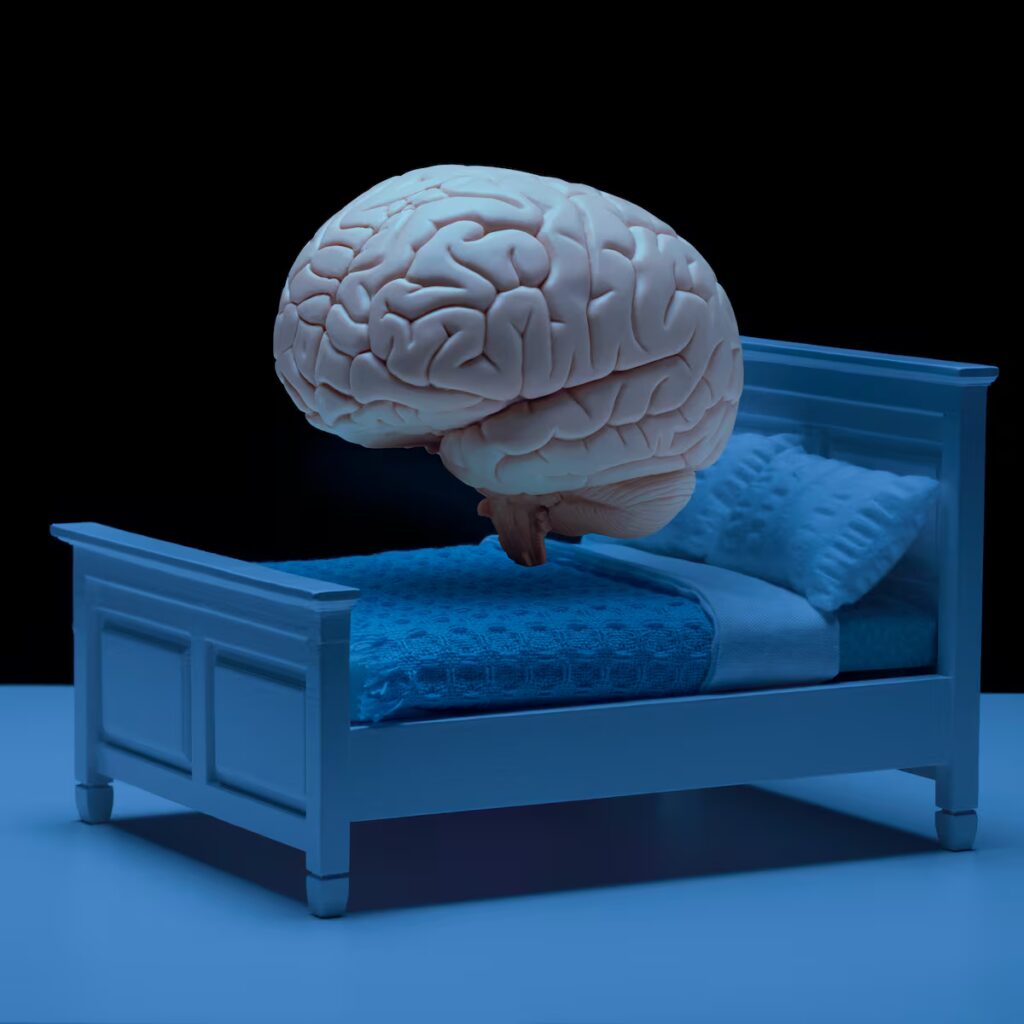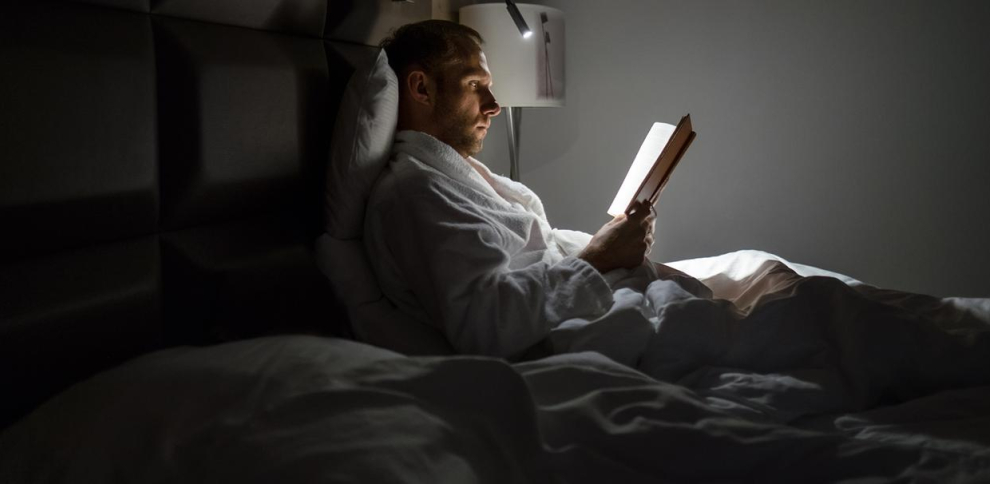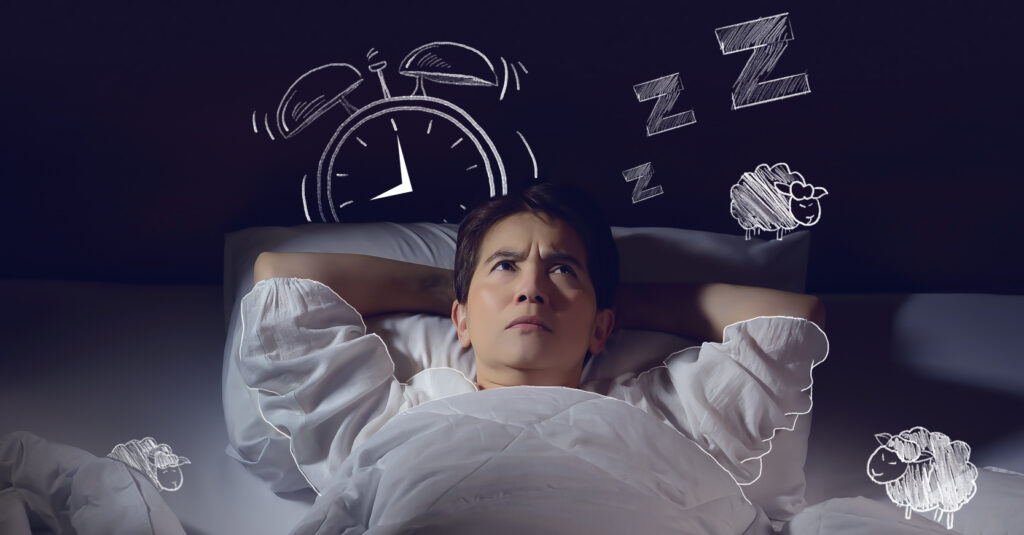
Sleep is a cornerstone of physical and mental wellbeing, yet in today’s fast-paced world, many struggle to get the deep rest they need. Lack of quality sleep not only elevates stress and anxiety but can also trigger depression. In this article, we delve into the profound connection between sleep quality and mental health, offering scientifically backed strategies to help you achieve the restorative sleep your body and mind deserve. Discover how optimizing your sleep routines can transform your life as we explore the essential link between sleep and psychological health.
The Interplay Between Sleep and Mental Health
Sleep is much more than a period of rest; it is an active process that significantly influences our mental health. Modern studies highlight a solid link between quality sleep and psychological resilience. When we sleep, our brain works diligently behind the scenes to process emotions, consolidate memories, and regulate mood. Neglecting sleep can, therefore, aggravate mental health issues.
Research from reputable psychology organizations demonstrates that sleep disturbances may trigger or worsen conditions such as anxiety, depression, and bipolar disorder. Recognizing this interplay encourages individuals to adopt healthier sleep habits and stay alert to early signs of mental distress.
In today’s digitally connected society, stress and constant distractions vastly affect our sleep patterns. That’s why good sleep hygiene is not only about feeling rested but also about protecting our mental stability. Prioritizing sleep is a preventive measure against various psychological challenges.
Understanding Sleep Mechanics in a Psychological Context
Sleep is a complex phenomenon driven by both biological and psychological factors. Our sleep cycle is composed of several stages, including light sleep, deep sleep, and REM (rapid eye movement) sleep, each playing a distinct role in our overall health. For example, during REM sleep, our brain processes emotions and encodes memories, both essential for emotional regulation.

Maintaining a balance between these sleep stages is key to our ability to recover from stress and mental fatigue. When sleep is compromised, both emotional resilience and cognitive performance suffer. People with chronic mental health issues often experience disruptions in these crucial stages.
Experts recommend establishing a consistent sleep schedule to help stabilize these stages. With regularity, the brain learns to anticipate sleep times, improving hormone regulation, memory consolidation, and emotion processing. Understanding sleep mechanics empowers you to optimize your sleep cycle for better mental health.
Proven Strategies to Achieve Restful Sleep
Implementing proven strategies can dramatically improve both sleep quality and mental health. One of the most effective methods is to establish a consistent bedtime routine that signals the body it’s time to rest. Consider activities such as dimming your lights, reading a book, or practicing relaxation techniques.
Studies have shown that sticking to a regular routine not only shortens the time it takes to fall asleep but also deepens the quality of sleep. Experts advise avoiding caffeine and reducing screen time before bed to create an environment conducive to rest.
For those struggling with sleep issues, cognitive behavioral therapy for insomnia (CBT-I) comes highly recommended. This approach combines behavioral strategies with cognitive techniques to overcome negative sleep-related thoughts. Institutions like the American Academy of Sleep Medicine offer resources that show how these techniques can improve sleep quality. Adopting effective routines and therapies can pave the way for truly restorative sleep and boost mental wellbeing.

Implementing Lifestyle Changes for Better Sleep and Enhanced Wellbeing
Lifestyle changes are key to sustaining a healthy sleep pattern. Regular exercise, balanced nutrition, and effective stress management all contribute to improved sleep quality. Physical activity, for instance, helps regulate your sleep cycle by reducing anxiety and stabilizing body temperature.
Mindfulness practices, such as meditation and yoga, are excellent tools for quieting the mind and easing the transition to sleep. These practices stimulate the parasympathetic nervous system, promoting relaxation and a more restful night.
Creating a sleep-friendly environment is equally important. This involves optimizing room temperature, reducing ambient noise, and ensuring complete darkness. Environmental adjustments are often the first recommendations from experts in sleep and mental health research. Focused lifestyle changes can greatly enhance sleep efficiency and support overall mental health.

Addressing Common Myths and Challenges in Sleep Improvement
In spite of the vast research linking sleep and mental health, many myths persist. A common misconception is that increasing sleep hours automatically improves sleep quality. However, quality and efficiency are much more important than sheer quantity.
Another myth is that simply spending more time in bed will fix sleep problems. In reality, oversleeping can disturb the body’s internal clock and create additional challenges in maintaining overall sleep balance. Understanding these subtleties is essential for mental and physical rejuvenation.
Issues such as insomnia, sleep apnea, and stress-triggered sleep disturbances may require personalized attention and professional assistance. Sleep specialists and mental health professionals work together to debunk these myths and help individuals overcome persistent sleep challenges. Challenging myths and facing obstacles directly are key to developing an informed sleep strategy.

Content Additional
This additional content section enriches the discussion by providing comprehensive insights into the relationship between sleep and mental health. Sleep researchers continue to uncover intriguing aspects of the neurological processes that take place during rest. For example, recent studies have highlighted the role of the glymphatic system in clearing brain toxins during sleep, a process linked to preventing cognitive decline and neurodegenerative diseases.
Digital technology also plays a significant role in sleep dynamics. With increased smartphone and tablet usage, the blue light emitted by these devices interferes with melatonin production. Experts recommend reducing screen time at least one hour before bed or using blue light filters to mitigate these effects.
Innovative sleep tracking technologies such as wearable devices and smartphone apps now provide personalized sleep reports. These tools collect data on heart rate variability and sleep patterns, offering insights that help individuals make informed adjustments. This blend of traditional wisdom with modern technology paves the way for improved mental health through better sleep.
Furthermore, sociocultural factors significantly shape our sleep habits. While some cultures embrace napping as a norm, others may not. Recognizing these differences allows individuals to develop sleep strategies that honor their natural biological rhythms, enhancing both sleep quality and psychological wellbeing.
Furthermore, sociocultural factors significantly shape our sleep habits. While some cultures embrace napping as a norm, others may not. Recognizing these differences allows individuals to develop sleep strategies that honor their natural biological rhythms, enhancing both sleep quality and psychological wellbeing.
In conclusion, achieving restorative sleep for optimal mental health requires understanding the deep connection between our sleep cycles and emotional state, adopting proven sleep strategies, and making sustainable lifestyle changes. By debunking myths and facing challenges head-on, you can regain control of your sleep habits and overall wellbeing. Every small improvement counts. Prioritize your sleep as a vital element of your mental health strategy and enjoy the transformative power of a well-rested mind and body.




